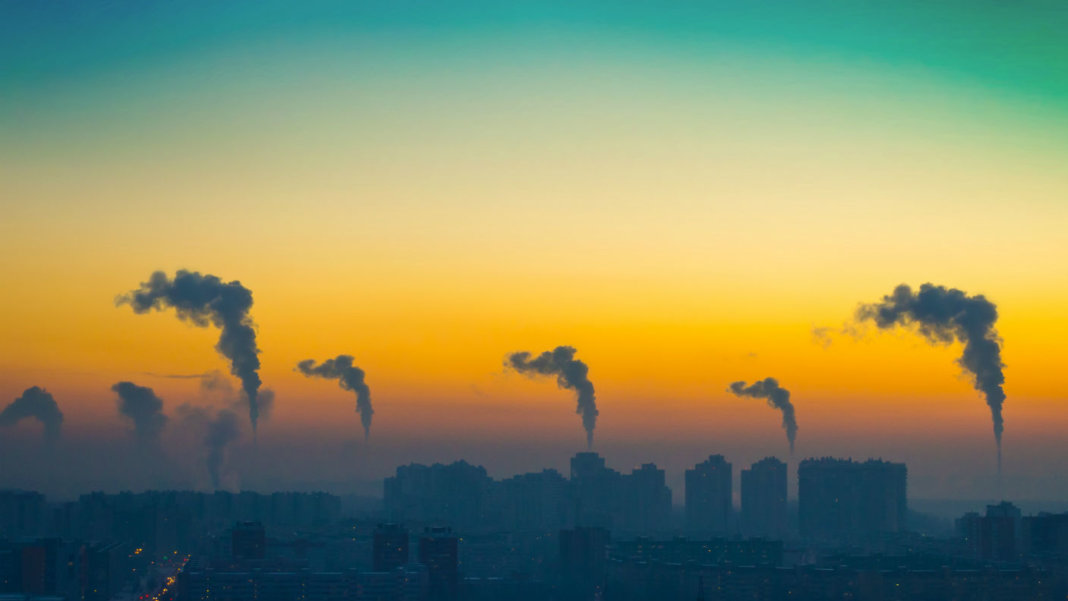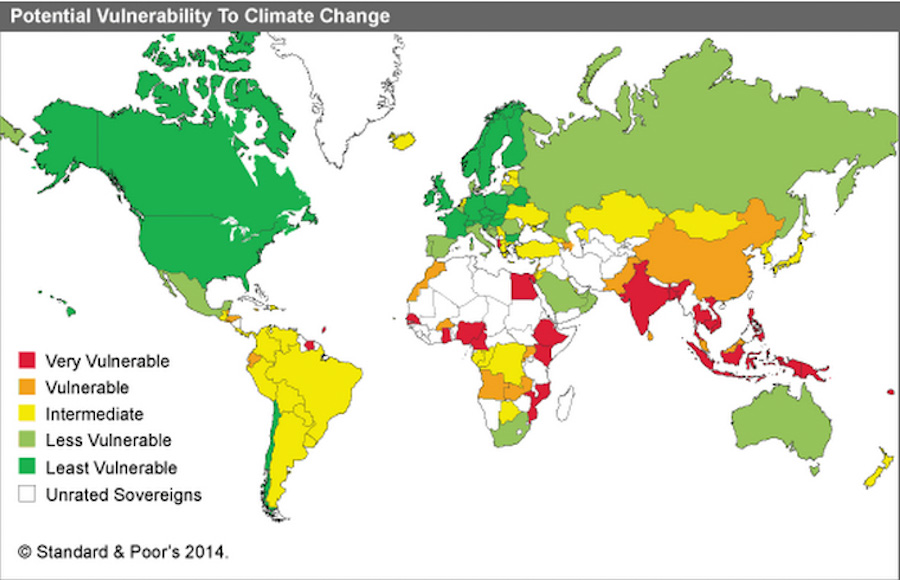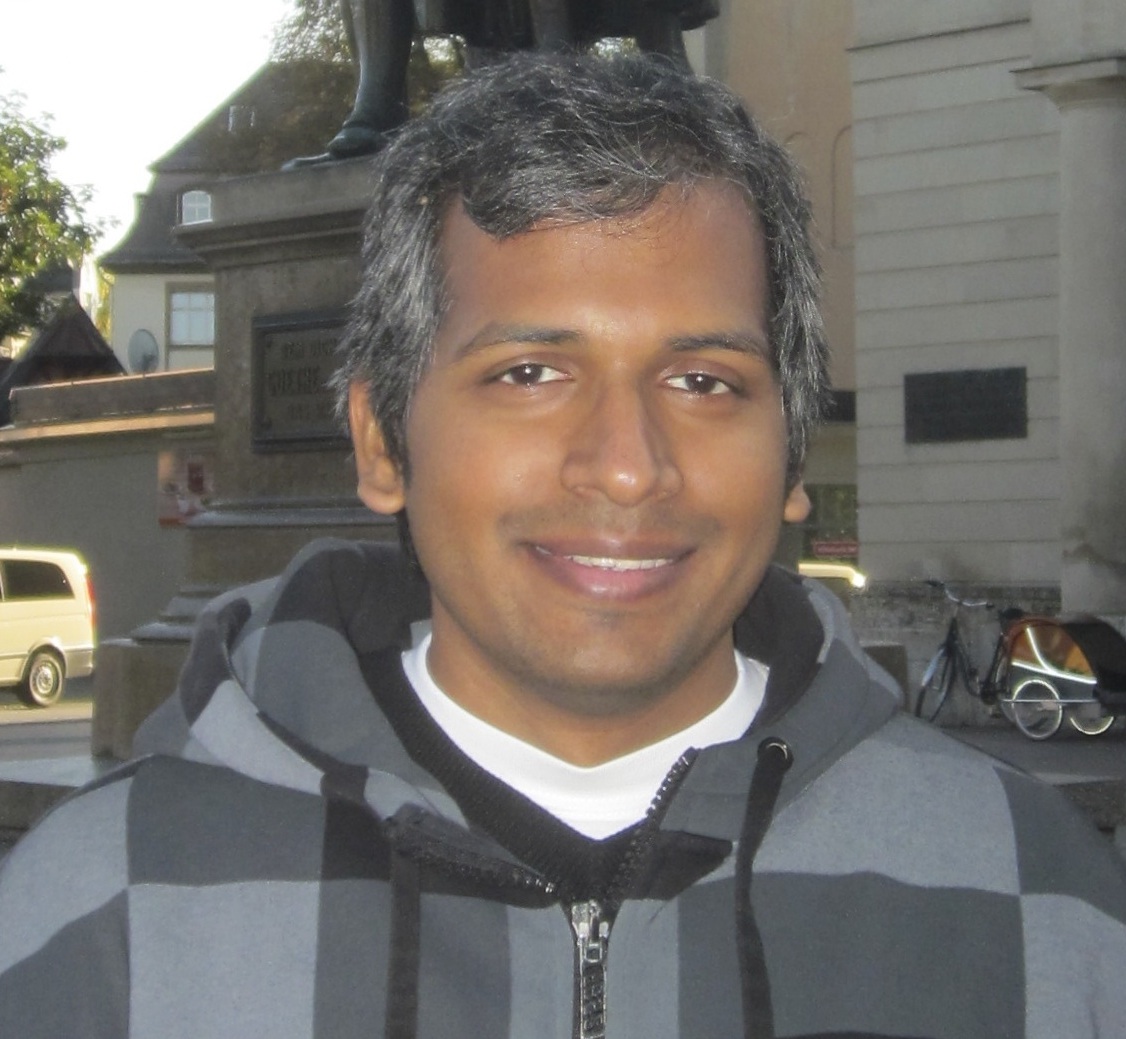About Program

Why is Chennai, and more generally India’s eastern coast, much more prone to cyclones than the western coast? Why is rainfall becoming patchier? Why did the Bay of Bengal swallow a fully functioning school in the Sundarbans in a space of merely four years? How do we understand the changes we are witnessing? What is the future we are condemning our children to?

The Intergovernmental Panel on Climate Change (IPCC) released a special report in late 2018. It detailed the difference in the impacts of climate change at a global temperature rise of 1.5C and 2C. Impacts are disproportionately greater for what would appear to be a small temperature difference. But why?

In this talk, we will discuss and understand the IPCC report, the magnitude of the problem of global climate change, its ramifications for India and the rest of the world, and the immense challenge of stepping back from the brink. During and after the talk, we welcome a discussion on what we should, and must, do to stave off the worst.
